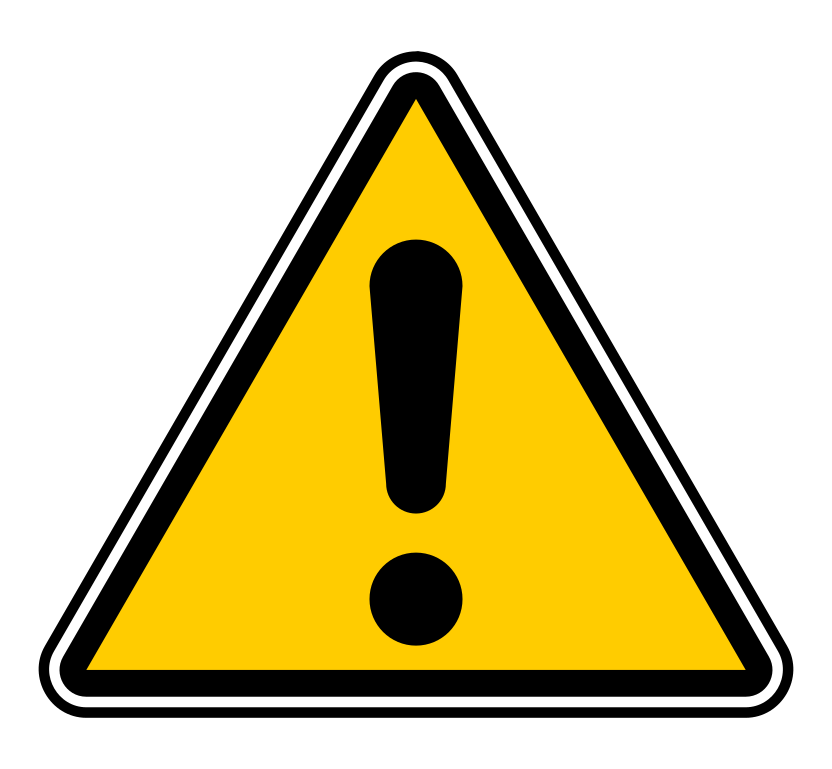This is a wide-ranging topic but Club members can request a topic here:
Please post webinar topic requests inside this forum.

www.cco.community
You can also search the club replays here as several touch on complications of pregnancy etc.

www.cco.community
For a condition to be considered a complication, the following must be true: It
must be more than an expected outcome or occurrence and show evidence that the provider evaluated, monitored, and treated the condition.
Coding for Complications
Complication coding is a hot topic among coding, clinical, and compliance professionals. It’s considered to be one of the more challenging aspects of coding. Physicians are hesitant to document postoperative complications because they negatively affect their quality scores on sites that publicly report hospital and physician quality scores, such as Healthgrades.
For a condition to be considered a complication, the following must be true:
• It must be more than an expected outcome or occurrence and show evidence that the provider evaluated, monitored, and treated the condition.
• There must be a documented cause-and-effect relationship between the care given and the complication.
• The physician must document that the condition is a complication.
ICD-10-CM has made it easier to code complications by incorporating intraoperative and postprocedural complications into the separate body system chapters.
Complications of care can be found in each chapter as well as in T-series dependent on the following:
• site of surgery;
• organ/organ system affected by the complication;
• type of surgery, for example, joint replacement, skin grafting, and bypass; and
• type of complication, for example, mechanical (eg, breakage, displacement, protrusion, breakdown, leakage, obstruction), infection, embolism/thrombosis, pain, fibrosis, and hemorrhage.
If it is determined that there has been a device failure, the appropriate complication-of-care code related to the specific device/complication is coded
Endorsed by the 30 state HIMAs, For The Record is the nation's leading newsmagazine for health information professionals such as Transcriptionists, Certified Medical Transcriptionists, Coding Specialists, HIM Educators, HIM Directors, HIT professionals, EHR, EMR, Information Systems Directors...
www.fortherecordmag.com



